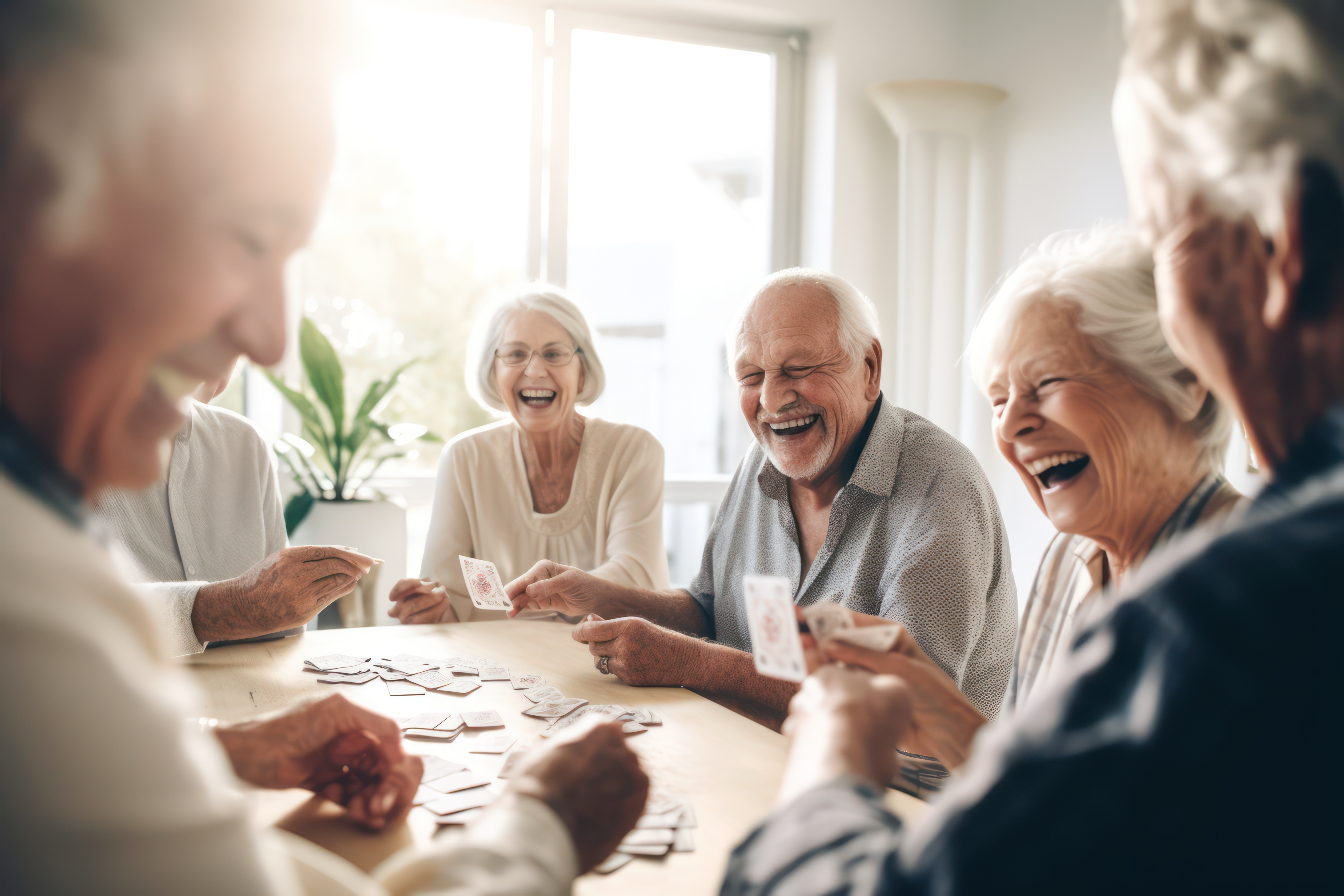What Causes Stress In Seniors?
Throughout our lifetime, there are changes and stressors that come with each stage of life. For the elderly, the usual culprit is age-related worrying, which can cause some seniors to experience higher levels of stress than younger adults. To prevent further health concerns, it’s important to recognize the causes of the stress and find ways to alleviate them. Ask yourself these questions when trying to locate the source of your senior loved one’s stress:
- Are they experiencing loneliness?
E.g. Have they recently lost a friend or partner?
- Do they have money worries?
E.g. Have rising healthcare costs put them out of pocket?
- Is their memory declining?
E.g. Is dementia causing them to feel anxious or confused?
- Is their schedule wide open?
E.g. Have they recently retired and are lacking direction?
- Are they experiencing chronic pain or discomfort?
E.g. Could loss of eyesight, mobility or dexterity be activating a stress response in their body?
Stress Relieving Activities For Older Adults
Seeking ways to de-stress can improve your loved one’s physical and mental health and allow them to more fully enjoy their retirement years. Of course, everyone likes to relieve stress in different ways, so it’s just a matter of finding what works best for you and your family.
Here are a few activities for older adults designed to kick stress:
1. Breathing Exercises/Meditation
Morning breathing can help relieve feelings of muscle stiffness and start the day off right! If your loved one has access to a smartphone or tablet, there are many (free) breathing, meditation and mindfulness apps/videos they can choose from. Here are a few tips to introduce morning breathing:
- Breathe in through the nose and out through the mouth.
- Take a long, slow, deep breath in, silently counting 1, 2, 3, etc. Exhale.
- Attempt to make the inhale and exhale the same length and even aim to increase the duration of both.
- Continue for as long as needed—the goal is to lose track of time and repetitions while calming anxiety and tension.
2. Exercise
In addition to physical benefits like increasing lung capacity, bone density and overall longevity, exercise has a distinct impact on brain health. And because this is where most of our stress originates, exercise’s impact on reducing stress levels cannot be overstated.
3. Body Manipulation
As well as the more traditional forms of exercise, such as walking, aerobics or weight-lifting, more subtle forms of “body manipulation” can have a major impact on reducing stress levels. This may include:
- Tai Chi
- Yoga
- Massage
- Craniosacral Therapy
- Reiki
These activities, coupled with other forms of physical exercise, help seniors maintain independence and increase their sense of mindfulness, and can even improve conditions like Alzheimer’s, multiple sclerosis and Parkinson’s.
4. Healthy Eating
At any age, it’s critical to our mental health and stress levels that the food we eat is abundant in the vitamins and minerals our bodies need to function optimally. This generally means encouraging your senior loved one to eat a diet that includes a range of vegetables, fish, meat, poultry, nuts, eggs and salads. They’ll want to avoid the negative effects sugar has on the body by avoiding it altogether, as the overconsumption of sugar has a direct correlation to obesity, diabetes, and disease.
5. Taking Up a New Hobby
It’s a classic distraction technique, but it works! Why not encourage your loved one to try a new hobby like knitting or woodworking, putting together puzzles, learning a new language or picking up an instrument? Focusing on something new could help take their mind off whatever may be causing them stress.
6. Socializing
Socialization has been shown to be one of the most effective ways for seniors to improve their mental health. According to the American Public Health Association, socialization improves mood, cognition, memory recall, and is associated with healthy behaviors, including exercise.
Fortunately, as more adults reach retirement age, there are an increasing amount of social activities available. From technology-focused connections to outings and happy hours, there are plenty of options for seniors to choose from.
Find a Socially-Active Retirement Community Near Them
For the millions of older adults that live alone, maintaining a full, active lifestyle can seem like an uphill battle. More seniors are choosing to live in retirement communities for the social programming, opportunities for exercise, and the close-knit community feeling they can’t get from living next door to other seniors.
To learn more about what we have to offer here at Veranda of Pensacola, why not check out our brochure? It’s chock full of everything you need to know, like floor plans, amenities, and yes, prices!




